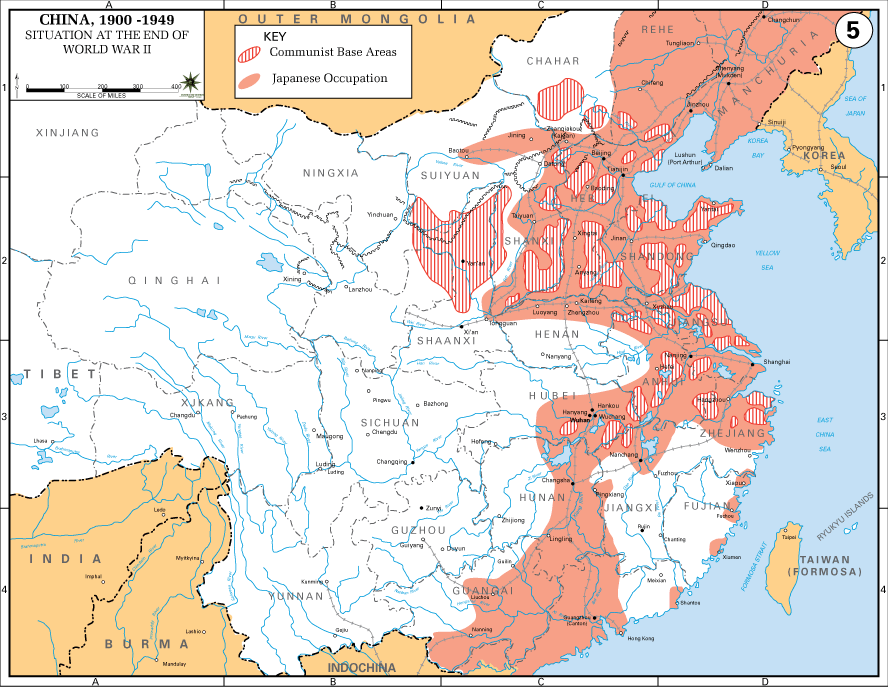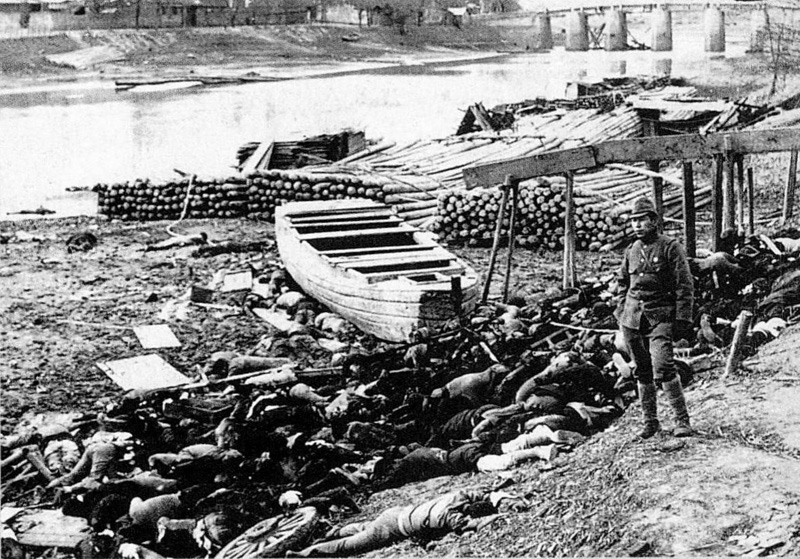From the time that Japan broke out of its self-imposed isolation in the late 19th century, China has been one of its main targets, first for military action and more recently for economic expansion and competition. Japan’s reputation in China would have been bad enough even without the Japanese Imperial presence in large portions of China from 1937 through 1945, but the wounds from the Second Sino-Japanese War have never healed.
Last week, Nick Taber reported on some surprisingly intense anti-Japanese sentiments he encountered in China:
In 2017 in a rust-belt city in Northeast China I hopped in a taxi and began chatting with my driver who, when the conversation turned to politics, nonchalantly told me that he wished that the Chinese Government would kill every single Japanese person on the planet. I found this extreme to say the least, so I double-checked just in case my Chinese was failing me, “You mean kill every single Japanese man, woman, and child?”
“Yes, exactly,” he said.
Guessing by his apparent age I wrote my driver off as a fringe extremist whose possibly restricted worldview was likely shaped during the throes of the Cultural Revolution. I presumed that the vast majority of Chinese people today would decisively denounce this kind of violent sentiment of genocide. This presumption was wrong.
Chinese genocidal hatred against the Japanese simply cannot be dismissed as the bigotry of a nationalist fringe movement. Anti-Japanese sentiment is in fact so engrained in Chinese culture that it has become not only a political utility and form of patriotism but even a solid go-to branding opportunity.
The CEO of a major company in Hebei province sets his username on Weibo (China’s Twitter) to “killer of Japanese devils” and likewise a news anchor of a regional TV station sets his Weibo username to “destroy Japanese devils.” Weibo also has hundreds of users with the phrase “bomb Japan” in their username, and after a devastating 6.1 magnitude earthquake struck Osaka in June, the natural disaster began trending on Weibo with a large number of Chinese netizens lamenting that more Japanese people had not been killed. As one user put it, “The whole nation of Japan should perish as soon as possible. It’s an evil race that has infuriated god.”
Certainly not all Chinese hold such genocidal or hateful views. There is a sizeable minority that even frown upon these views and a growing number of more internationally-minded Chinese who have Japanese friends or study in Japan so are at the very least suspicious of this hate. Some Chinese even see this sentiment, in part, as a product of government propaganda and brainwashing. As The Chinese Communist Party (CCP) manages uncertainty over the future of its leadership, it exploits nationalism to boost its popularity and the painful memories of WWII anti-Japanese sentiment provides a relatively low-cost, high-yield opportunity for this purpose.
Chinese citizens who do openly support Japan in any way, shape, or form also risk being seen as traitors. Another user commenting on the Osaka tragedy remarked, “Any Chinese people in Osaka right now travelling or shopping? They should be buried together with the Japanese”.
In 2017, the China Badminton Super League told their own Lin Dan, the number one badminton champion in the world, that he would be forbidden from competing in the playoffs because he had a sponsorship contract with the Japanese sports brand Yonex. In 2012, the Chinese actress Li Bingbing refused to travel to Japan to promote her film, Resident Evil 5, saying that she “personally cannot handle it emotionally”.
The origin of China’s anti-Japanese sentiment lies in the Chinese theater of World War II when the Imperial Japanese Army committed scores of harrowing war crimes on Chinese soil including the mass killing of civilians, sexual slavery, human experimentation, and cannibalism that resulted in the deaths of 10 to 20 million Chinese people.





